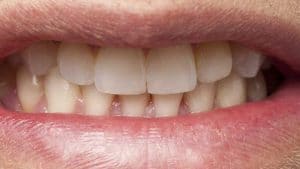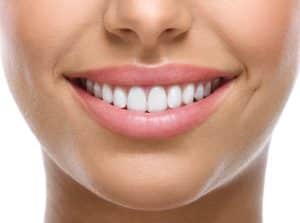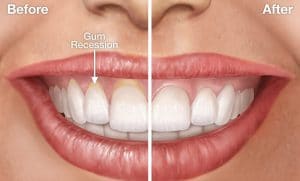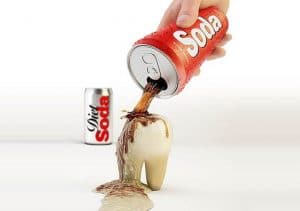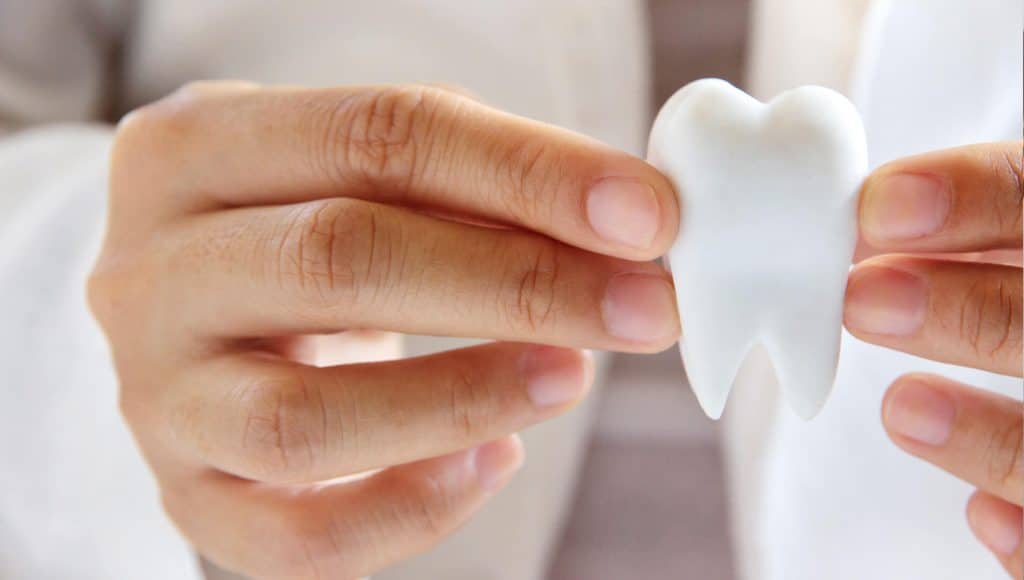
Dental problems can be painful for patients. There are habits that people can have to prevent those dental problems before they occur, like brushing twice a day, daily flossing, proper diet, and, of course, regular dental appointments. But even with daily proper oral care, those dental problems, oral diseases, and tooth disorders can happen – genetics playing an important role here.
Understanding those problems can be crucial for patients to prevent them first-hand. We will examine common dental problems, oral diseases, and tooth disorders and how Smile Team Turkey can help you with treatments for your problems.
Dental Cavities
Nearly all of the patients worldwide experience dental cavities. Cavities occur when plaque accumulates on the teeth and erodes the tooth enamel. Patients should brush their teeth twice daily and floss daily to avoid dental cavities. Some patients opt for the technological way, when it comes to electric toothbrushes vs manual toothbrushes question, thinking it results in a more thorough cleaning. Either way, check out our post for in-depth knowledge about how to brush your teeth properly. Patients should also seek regular dental appointments to detect the problems ahead.
Generally, dental cavities are treated with dental fillings. If the tooth’s cavity is very deep and in bad condition, dental professionals can suggest dental crowns as a treatment.
Gum Disease
Gum health is generally neglected. But it is as important as teeth health. Several forms of gum diseases can happen in patients’ mouths. Severity depends on individual cases, ranging from mild swollen gum, bleeding gum, and tooth loss. Gum diseases happen with gingivitis from the plaque, and this layer irritates the soft gum tissue. Following this step, bacterial infection happens on the gum tissue. This might be worsened and result in losing tooth loss.
The oral health of teeth and gums is strongly related. Check out our post dedicated to this before moving to treatments: https://smileteamturkey.com/blog/routines-for-healthy-teeth-and-gums/
As a treatment, your dentists can apply scaling and polishing for your teeth to remove the plaque layer. If the gum disease results are severe and the patient loses their tooth, your dentist can suggest dental implants to replace your missing tooth.
Tooth Loss
Some common dental problems, especially gum diseases and dental cavities, can result in tooth loss if not treated in the first stages. Professionals should treat them with good care. Otherwise, they will end up with tooth loss. Root infections and tooth decay should be treated to avoid tooth loss.
When tooth loss happens, dentists suggest dental implants or dentures to replace the missing tooth in the area. Dental implants are a good permanent treatment for tooth replacement. The dentists can apply dental implant procedures if the patient’s gum tissue and bone structure are healthy enough to hold the strength. All on 4 dental implants can also be used specifically for the situation of some patients.
Dental bridges are another type of treatment for replacing the missing tooth.
Tooth Sensitivity
Many of the patients also suffer from tooth sensitivity. This is when patients experience pain or discomfort to their teeth by contracting sweets, cold air, hot drinks, cold drinks, etc. Apart from patients being careful about their consumption, tooth sensitivity can be treated as well by dentists. It can be a sign of dental cavities or cracked teeth. Those are all dental problems that can be treated with some procedures, like dental fillings and dental veneers.
Misaligned Teeth
Alignment of our teeth can be problematic. This type of tooth disorder can affect our social life very much. So many people need to treat their tooth disorders. A smile makeover can be applied by your dentist. A smile makeover comprises different steps, including orthodontic and periodontal treatments.
Bad Breath
Bad breath is a common oral problem that many patients have trouble with, affecting their lives. Bad breath is generally the side effect of other dental problems. So it can be an alarming situation for you so that you can have an appointment with your dentist to see the real problem.
Teeth Discolouration
The colour of our teeth depends on many factors, including our diet, genetics, and oral health routines. Many of the patients experience teeth discolouration throughout their lifespan. It can occur from our consumption, especially red wine, coffee, tea, and tobacco. But also our genetics play an important role in defining our teeth colour.
Many patients consult their dentists about the discolouration in their teeth. As a major part of our dental treatments in Turkey, we offer, we perform professional teeth whitening procedures often since our local and international patients are well aware of its great results.
Yes, many specialists can offer to apply teeth whitening procedures as a treatment. But then again, the result of teeth whitening procedures also depends on our genetics, oral health routine, and diet.
Finally
Most people experience dental problems. But it is not our destiny. If the patients take proper oral care, most dental problems can be avoided. They should be dedicated to keeping their teeth and mouth healthy. Brushing the teeth twice daily, daily flossing, and regular dental appointments to check for anything wrong are good oral hygiene practices. Besides, paying attention to our diet and consumption is also important.
If these oral and dental problems occur, patients should seek dental help to prevent the worst situations. Dental professionals will take care of your situation and find a suitable treatment. To prevent more serious oral problems, you should contact your dentist when you spot early symptoms, including bad breath and tooth sensitivity.
You can read our previous post on https://smileteamturkey.com/blog/frequently-asked-dental-questions/

